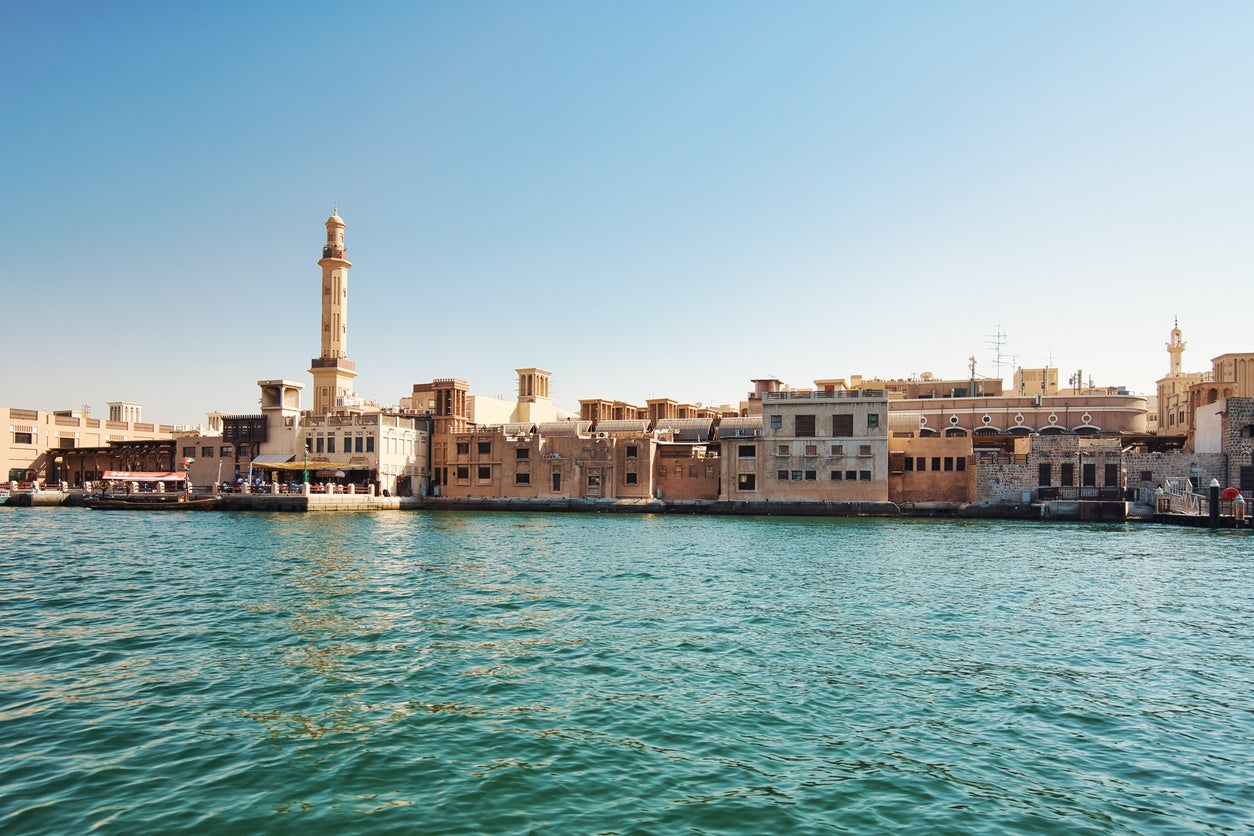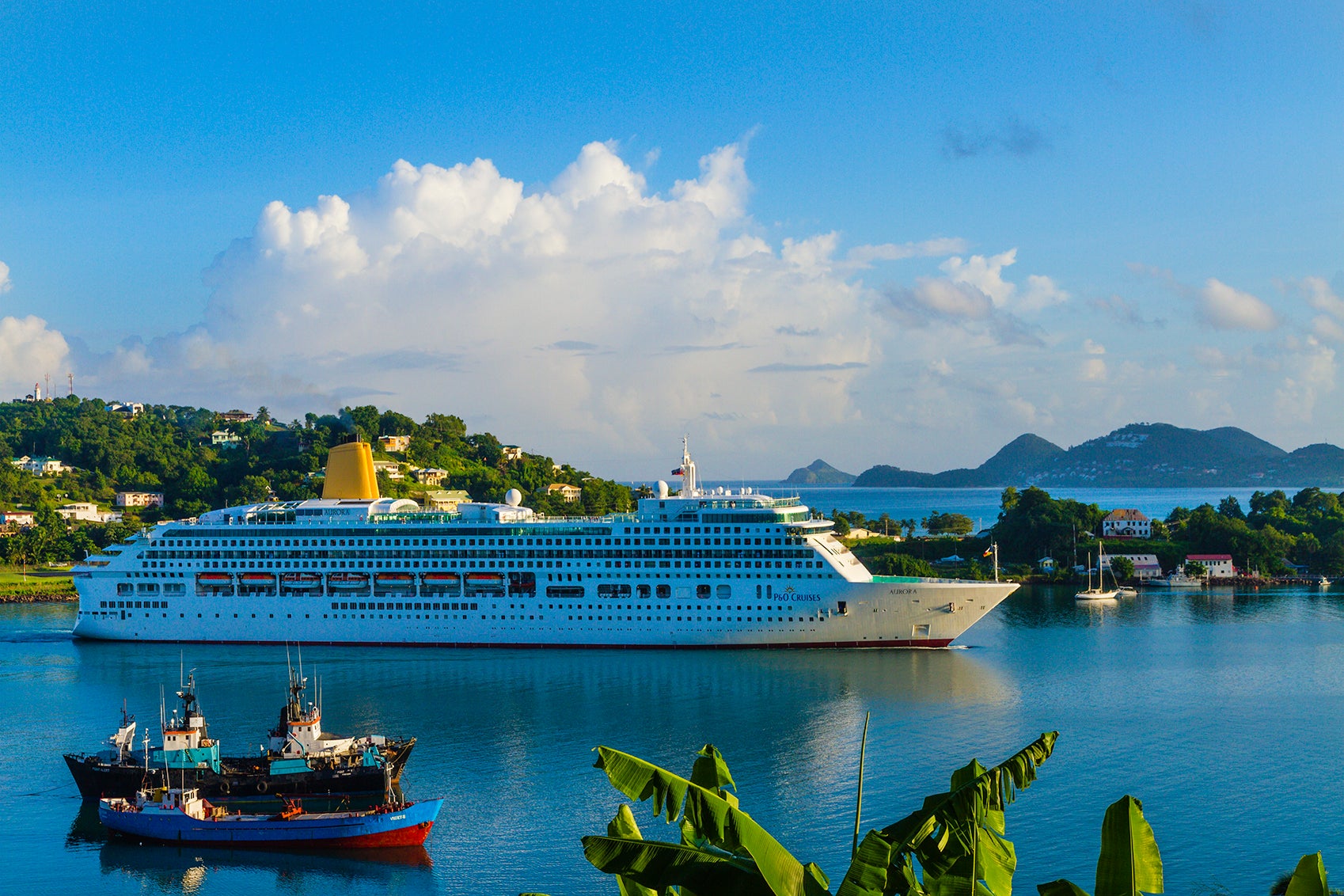Will flights be affected by the earthquake in Morocco?
Simon Calder answers your questions on the tragedy in Morocco, holidaying in Dubai and alcohol on cruises


Q Any chance you know what easyJet is doing about the situation in Marrakech? I can’t contact them.
Paul J
A The death toll is still rising following the catastrophic earthquake in Morocco, close to Marrakech, late on Friday night. Marrakech is the fourth-biggest city in Morocco, and by far the most popular draw for international visitors. I calculate that around 5,000 to 7,000 British holidaymakers are in the area, with thousands more British booked to go there during the rest of September.
Since the earthquake, flights at Marrakech airport have continued to operate normally. At present there are no plans for an airlift. In the absence of confirmation to the contrary, the assumption will be that you travel as planned, both outbound and homebound. The Foreign Office stops well short of warning against travel to the region, saying only: “You should follow local media and safety instructions from local authorities.”
EasyJet’s spokesperson told me: “EasyJet’s thoughts are with everyone affected by the earthquake in Morocco. The airports are open and our schedule to Morocco is operating as normal. Customers scheduled to travel to or from Morocco who wish to discuss their booking should contact our customer service team.” The number for easyJet customer services is 0330 551 5151.
If previous protocols are followed, booked passengers will be offered flexibility on coming home early or, for people who have yet to travel, postponement or a change of destinations. Refunds are most unlikely. In terms of accommodation and other bookings in Morocco: it is still too early to establish the amount of damage and disruption to the area, and in particular tourist facilities. If you choose not to travel when it would be safe to do so, you are likely to lose most or all of your money.

Q My partner has family working in Dubai and is very keen for us to go there for a stay of about 10 days this winter. Personally, I can’t think of anywhere I’d like to go to less. I loathe shopping, and pretty much all the images I’ve ever seen of Dubai put me off. Can you persuade me otherwise?
A The most prominent city in the Gulf certainly has plenty that may not be to your taste, from eight-lane highways and seven-star hotels to terrifyingly vast malls that dispense apparently infinite quantities of bling. Yet I unreservedly recommend a stay in the city. Dubai retains some worthwhile elements of heritage; the cuisine from nations across the Middle East and the Indian subcontinent is superb; and you can escape into the desert, as well as visiting other emirates and even another country.
Dubai Creek, around which the city developed, remains full of character. A fleet of colourful abras (waterbuses) shuttle across the waterway, providing inexpensive on-demand transportation between the souks, plus some great views. The old Persian quarter comprises the fascinating Bastakiya area, where you can feast in the shady courtyard of the Basta Art Cafe. Visit the Sheikh Saeed al-Maktoum house, a fine late-19th-century structure with elegant wind towers that serve as rudimentary air-conditioning. Less than a mile west, the QE2 liner is at her final resting place as a floating hotel. The combination afternoon tea and heritage tour on Friday and Saturday afternoons gives an insight into 1970s Britain.
Days out abound from Dubai. Make an early start for a two-hour intercity bus trip to Abu Dhabi. The main attractions are the spectacular Grand Mosque (free tours available) and the Louvre Abu Dhabi, containing some of the best culture money can buy in spectacular 21st-century surroundings.
Eighty miles east of central Dubai, through spectacular dunes and stretches of Omani territory, is the mountain fortress town of Hatta. You can reach it for barely £5 on the H02 express bus. Visit the fairly convincing “heritage village” and gaze across the lake (actually a reservoir). At this point, you are just 20 miles from Oman’s Indian Ocean shore, and many more adventures.

Q My wife and I booked a cruise that sails from Southampton to France, Portugal and Spain. We booked the drinks package. Now we have been told that the Spanish government have introduced a 10 per cent tax on drinks while the ship is in Spanish waters, and that we will need to pay this at the end of the voyage. There are six Spanish ports so I think we will effectively be in Spanish waters for the whole of the last week. How should we proceed?
Brendan M
A For people who are unfamiliar with the cruising world: drinks are often ferociously expensive when bought on board. Many people (including me) find it better value to pre-pay for unlimited alcohol on board, even if they are only moderate drinkers. It is infuriating to find that you are expected, while in Spanish waters, to pay $1 for every $10 drink (the US dollar is the currency used on most cruise ships. In the course of a week, the unexpected extra could easily add £50 or more to your final bill for what I imagine is already an expensive voyage.
Knowing the way that cruise lines word their terms and conditions, I dare say the company is within its rights to transfer the unexpected tax liability to you. But I believe it is poor customer care. Some cheesed-off passengers, I speculate, may respond by hoarding drinks in their cabin in the earlier part of the voyage, a practice that of course cannot be condoned.
Is the Spanish government being cruel to cruisers? I think not. If a cruise ship is moored at Palma de Mallorca, for example, why should drinkers aboard qualify for tax-free drinks when those at quayside bars do not?
Looking ahead to the future of cruising, I predict an increase in taxation by governments, especially for single-nation voyages. The industry has long pretended that cruising is fundamentally a form of transport and should therefore escape tax. In reality, life on a cruise ship is an indulgent tourism experience that unaccountably escapes the normal taxes – typically 10-20 per cent – that apply to such holidays on dry land. So make the most of the mainly tax-free status while it lasts.
Email your question to s@hols.tv or tweet @simoncalder
Join our commenting forum
Join thought-provoking conversations, follow other Independent readers and see their replies
Comments